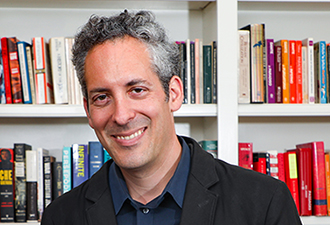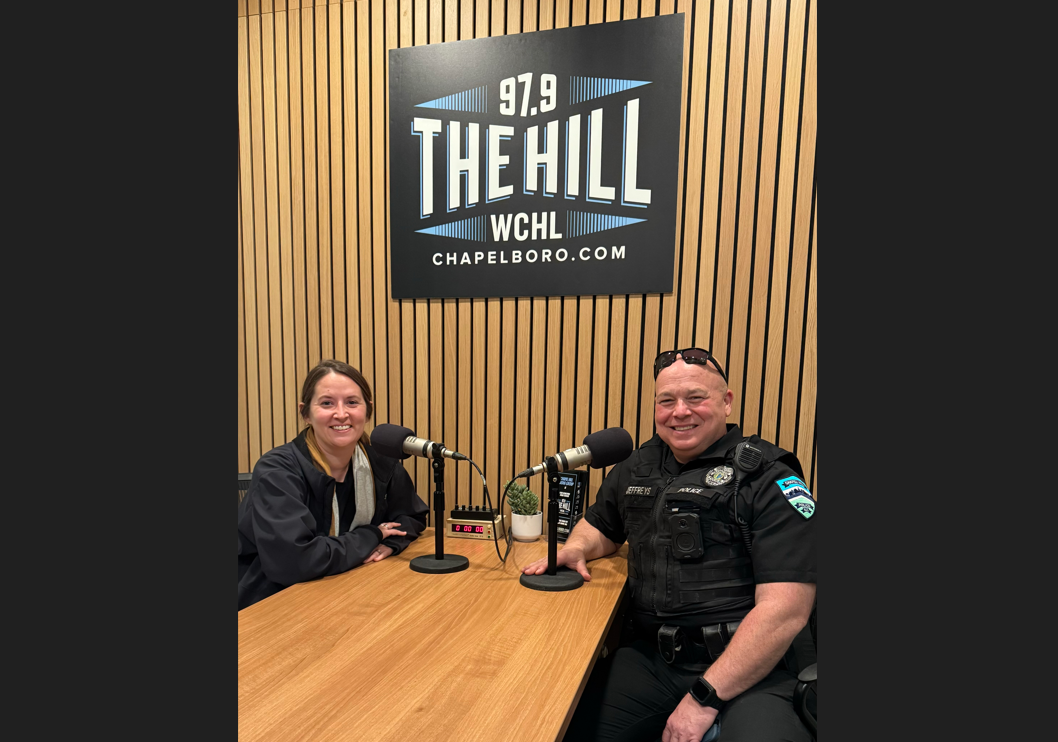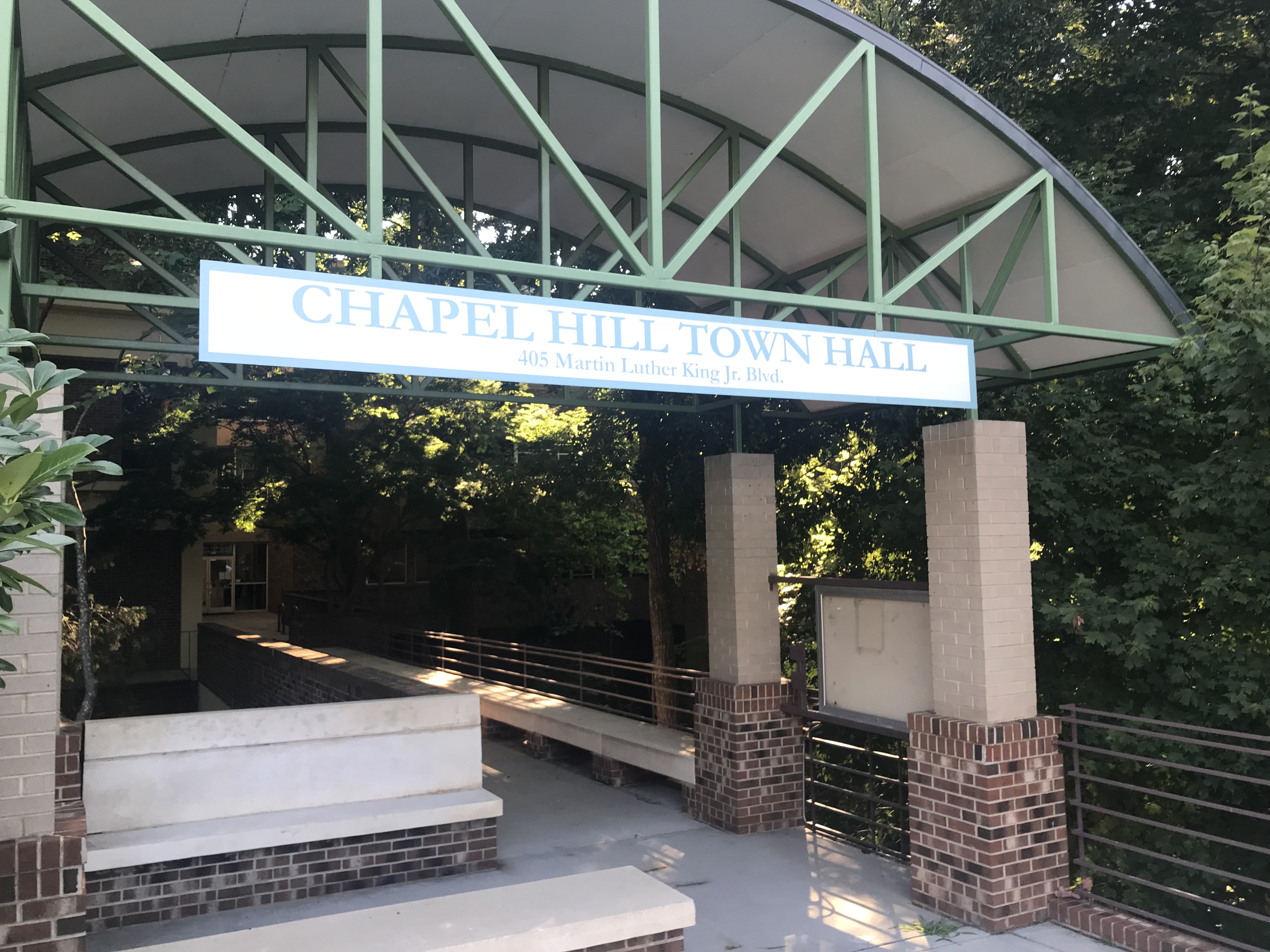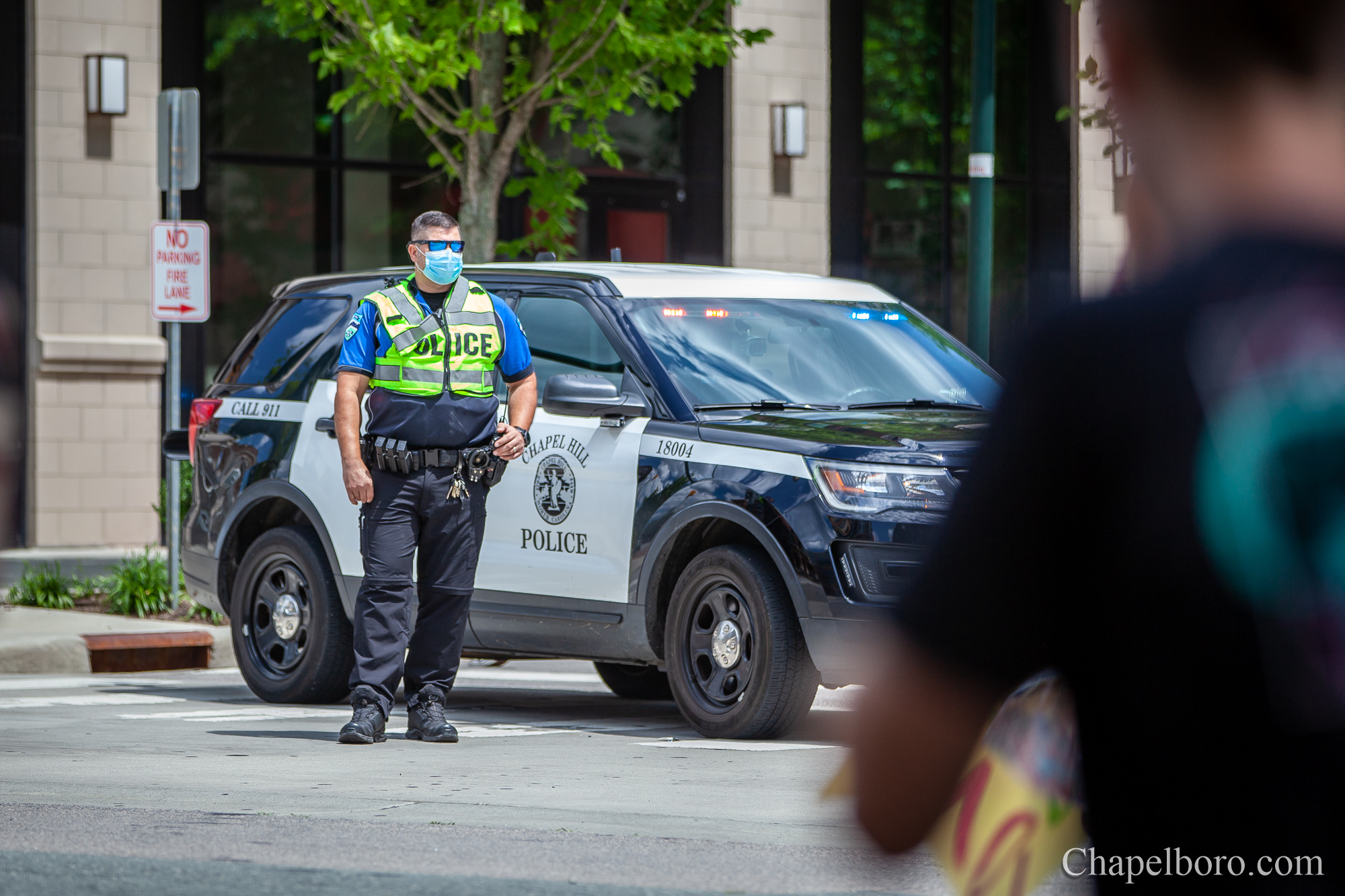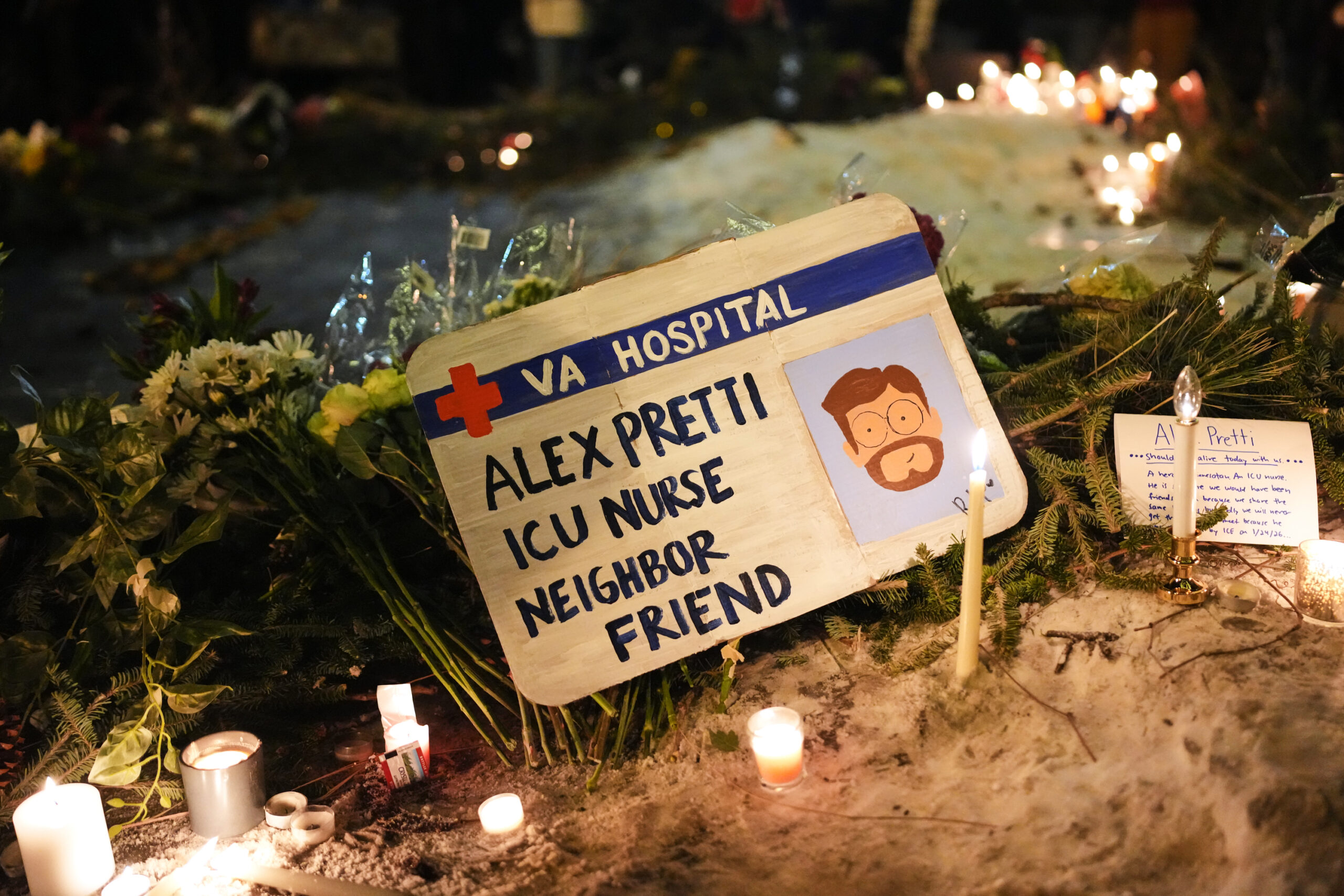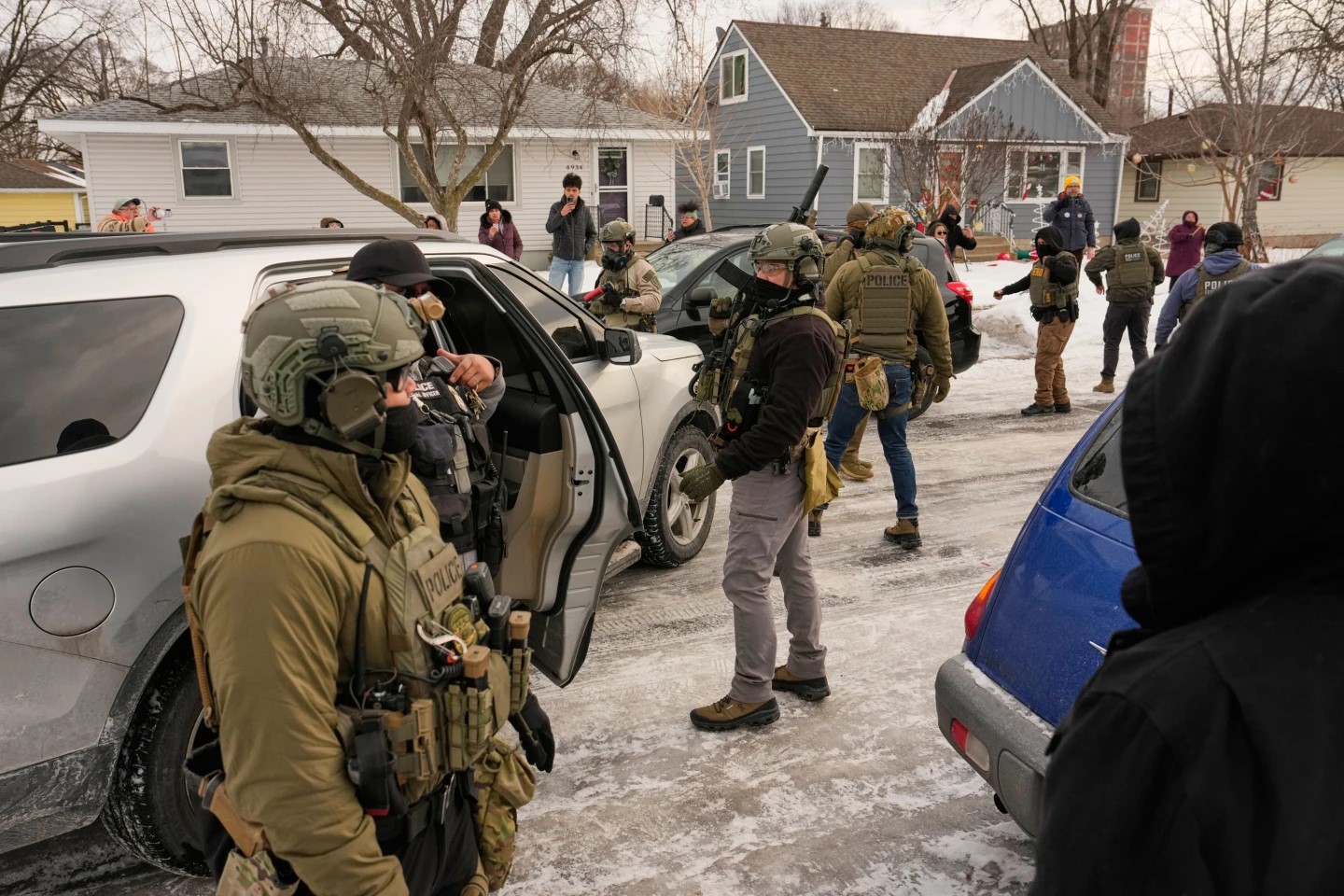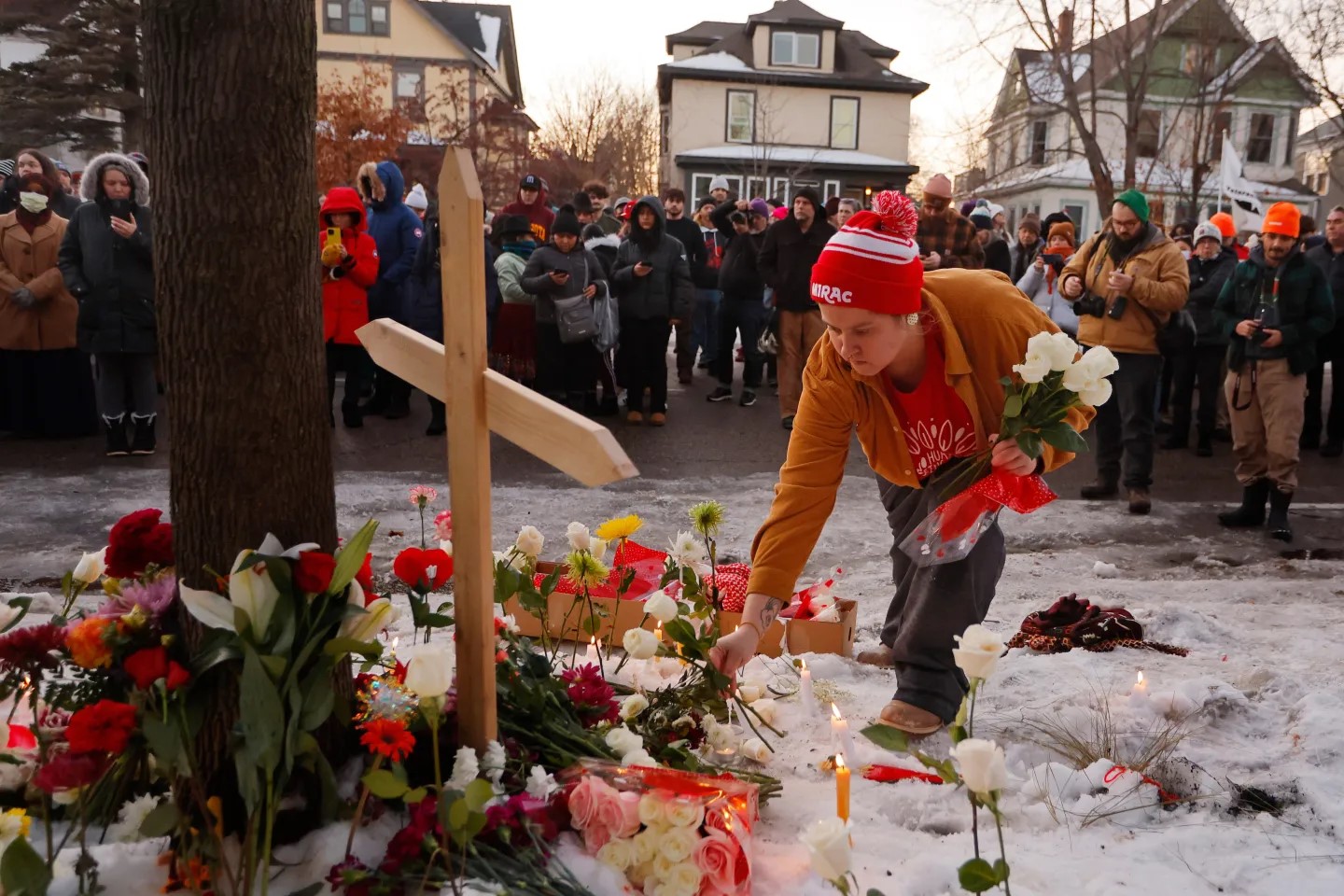The topic of police reform has been high on the national agenda since George Floyd was killed three years ago.
But what reforms are actually being proposed, and which of those proposals are actually getting enacted?
Brandon Garrett is a law professor at Duke University who leads the Wilson Center for Science and Justice. Having received $5 million in funding in 2020, the center explores policies, proposed legislation, and educational opportunities to improve accuracy and equity in criminal justice outcomes.
Among its efforts, Garrett’s team tracks more than 3,800 police reform bills that have been proposed since 2018 at the local, state, and federal levels. In a recent interview with 97.9 The Hill, he described a shift in mentality for some public officials and citizens that led to the hundreds of proposals.
“Right away after George Floyd’s killing, we saw a surge in legislation,” said Garrett. “In a lot of states, the understanding was, ‘No no, you don’t regulate police. Police are professionals, lawmakers need to let them have their discretion. They need to do what they have to do on the streets.’
“These high-profile misuses of force,” he continued, “have caused people to think, ‘Wait a minute, standards and regulation are a thing in just about every industry. Why not policing?'”
Not all those bills have the same goals. Locally, the towns of Chapel Hill and Carrboro banned the use of chokeholds as a legal method of force by officers. While some legislation is similar, other bills would tighten restrictions on police, while others would give police more discretion.
But Garrett said the key is that the conversation is happening everywhere.
“I think what’s most important is that the floodgates are open and [how to regulate police is] not longer seen as something we don’t talk about,” he said. “Different states may have different approaches, but either way it’s really changed, where there’s more willingness for lawmakers to dig in.
“I think that’s important,” Garrett added, “because police need to be accountable to democracy. It’s not healthy to have this attitude that, ‘Oh, they’re sort of quasi-military, we just let them do what they want.'”
While there was a big spike in that conversation in the spring and summer of 2020, Garrett said the issue has not gone away.
“Although people say the momentum has stalled,” he said, “we saw a lot of bills and basically the same percentage enacted in 2022 as we saw with the big surge in 2020. There was a lot more activity in 2020, but actually a lot of good work was done before and after.”
What are some of the more surprising trends? Garrett said more and more states are starting to keep track of which officers are especially inclined to use force.
“It’s very hard for people to know whether they’ve been victimized by problem officers if there’s no access to those records,” he said. “And it’s hard for a police department hiring an officer to know that they’re hiring a bad apple if there isn’t that access. A number of states have created these databases and we’ve already seen an enormous impact.”
Garrett said another big trend has been a push for alternative emergency response, sending social workers and mental health professionals instead of police when there’s a mental health crisis. Chapel Hill’s police department is ahead of the curve there, with a crisis unit that’s been in place since 1973. But Garrett said the rest of the country is starting to catch up.
“Virginia has done a lot of that, Michigan has asked for recommendations, Maine has done that, Maryland has allocated money to that,” he described. “And there’s federal support, which is also really important.”
The Wilson Center has made the full database available to the public. You can access the project here.
Chapelboro.com does not charge subscription fees, and you can directly support our efforts in local journalism here. Want more of what you see on Chapelboro? Let us bring free local news and community information to you by signing up for our biweekly newsletter.


